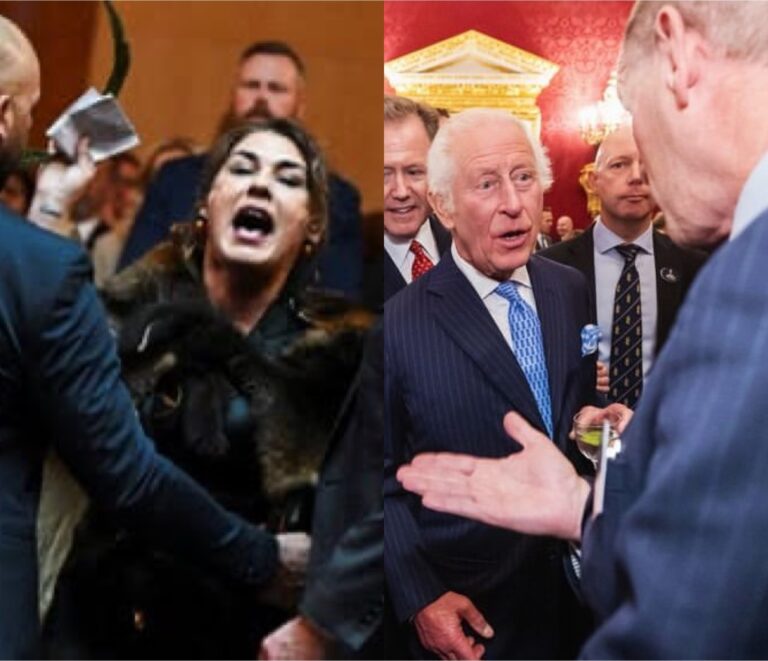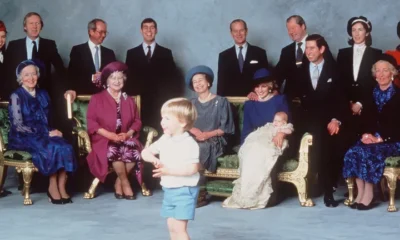NEWS
Unimaginable:“You Wear a Crown of Blood!”: Australian Senator Accuses King Charles of Genocide During Visit in a Fiery Confrontation Boldly Saying “You are not my King, Give us our land back”..See More 👇

Australian Senator Accuses King Charles of Genocide During Fiery Confrontation
In a dramatic turn of events during his recent visit to Australia, King Charles faced intense scrutiny from Senator Lidia Thorpe, who accused the monarch of perpetuating a legacy of genocide against Indigenous Australians. Thorpe’s bold statement, “You are not my King, return our land!” resonated deeply, stirring both support and controversy.
Australian Senator Accuses King Charles of Genocide During Fiery Confrontation
In a dramatic turn of events during his recent visit to Australia, King Charles faced intense scrutiny from Senator Lidia Thorpe, who accused the monarch of perpetuating a legacy of genocide against Indigenous Australians. Thorpe’s bold statement, “You are not my King, return our land!” resonated deeply, stirring both support and controversy.
The confrontation unfolded at a public event designed to celebrate the royal visit, where Thorpe seized the opportunity to voice long-standing grievances about colonial injustices. Her passionate declaration challenged the historical narrative surrounding the monarchy’s role in the dispossession and suffering of Indigenous peoples.
Thorpe emphasized the need for acknowledgment and reparations, stating that the ongoing impact of colonization has left deep scars on Indigenous communities. “For too long, we have suffered in silence,” she said. “It’s time for the Crown to recognize its past and take responsibility.”
The senator’s remarks struck a chord with many who advocate for Indigenous rights, igniting discussions across social media and in political circles about the relevance of monarchy in modern Australia. Critics of the royal institution argue that the monarchy must confront its colonial legacy, while supporters of the Crown contend that the royal family is no longer directly responsible for historical injustices.
As the fallout from the encounter continues, Thorpe’s confrontation has reignited calls for a national dialogue about Indigenous sovereignty and the need for significant reform in how Australia addresses its colonial past. The royal visit, intended as a gesture of goodwill, has instead become a focal point for deep-seated grievances that many Australians feel must be addressed.
The implications of this confrontation extend beyond the royal family, challenging Australians to reflect on their history and the ongoing struggles for justice faced by Indigenous peoples. As discussions unfold, the question remains: can true reconciliation occur without accountability from those in power?






















